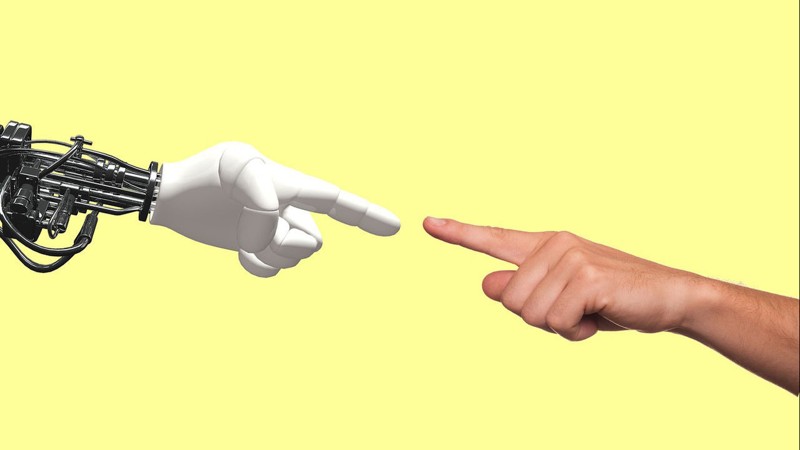
A new logical audit has inferred that man-made consciousness (AI) might have the option to analyze infection as effectively as human social insurance experts, however an absence of value studies implies the genuine capability of the innovation is misty.
Analysts did the main efficient audit of existing investigation into AI in the wellbeing segment and distributed their discoveries in The Lancet Digital Health diary.
It concentrated on an AI strategy called profound realizing, which utilizes calculations, huge information, and figuring capacity to imitate human knowledge.
This enables PCs to recognize examples of ailment by inspecting a huge number of pictures, before applying what they figure out how to new individual cases to give a finding. Energy is working around the innovation, and the US Food and Drug Administration has just endorsed various AI calculations for use in social insurance.
Simulated intelligence has been hailed as an approach to diminish the remaining task at hand for overstretched medicinal experts and reform social insurance, yet so far logical research has neglected to satisfy the promotion.
Of the 20,500 articles inspected, less than 1% were seen as adequately strong, said Professor Alastair Denniston from University Hospitals Birmingham NHS Foundation Trust, UK, which drove the examination, in an announcement.
“Inside those bunch of top notch contemplates, we found that profound learning could to be sure distinguish illnesses running from malignant growths to eye infections as precisely as wellbeing experts,” said Denniston.
“In any case, note that AI didn’t considerably out-perform human finding.”
Utilizing information from 14 examinations, specialists found that profound learning calculations accurately identified infection in 87% of cases, contrasted with 86% for human services experts.
Computer based intelligence was likewise ready to effectively recognize those patients free from infection in 93% of cases, contrasted with 91% for human services experts.
While these outcomes are promising, the scientists state better research and revealing is expected to improve our insight into the genuine intensity of profound learning in medicinal services settings.
This will include better investigation configuration, including the testing of AI in circumstances that are equivalent to those that social insurance experts work in.
“Proof on how AI calculations will change persistent results needs to originate from correlations with option analytic tests in randomized controlled preliminaries,” said Livia Faes, from Moorfields Eye Hospital, London, in an announcement.
“Up until now, there are not really any such preliminaries where analytic choices made by an AI calculation are followed up on to perceive what at that point befalls results which truly matter to patients, as convenient treatment, time to release from medical clinic, or even endurance rates.”
Specialists hailed the survey while underscoring the requirement for further investigate.
“The enormous admonition is, as I would see it, that the story isn’t ‘artificial intelligence might be on a par with wellbeing experts’, however that ‘the general standard of assessing execution of AI is terrible,'” said Franz Kiraly of University College London.
Nils Hammerla of Babylon Healthcare, an organization that says it utilizes AI innovation to improve the reasonableness and availability of social insurance, accepts more work is required before AI can arrive at its maximum capacity.
“AI can massively affect issues in medicinal services, of all shapes and sizes, yet except if we can persuade clinicians and the general population of its wellbeing and capacity then it won’t be much use to anyone,” he said.
The worldwide market for AI in medicinal services is flooding and is required to ascend from $1.3 billion of every 2019 to $10 billion by 2024, as indicated by speculation bank Morgan Stanley.
Clinics around the globe are now utilizing the innovation, incorporating Moorfields Eye Hospital in London.
Specialists can utilize a calculation created by DeepMind, a UK-based AI research focus claimed by Google, to restore a point by point analysis in around 30 seconds utilizing Optical Coherence Tomography (OCT) examines.
Also, AI innovation can precisely distinguish some uncommon hereditary issue utilizing a photo of a patient’s face, as indicated by an investigation distributed in January.
The AI innovation, called DeepGestalt, beat clinicians in distinguishing a scope of disorders in three preliminaries and could include huge incentive in customized care.
Disclaimer: The views, suggestions, and opinions expressed here are the sole responsibility of the experts. No Opinion Bulletin journalist was involved in the writing and production of this article.



